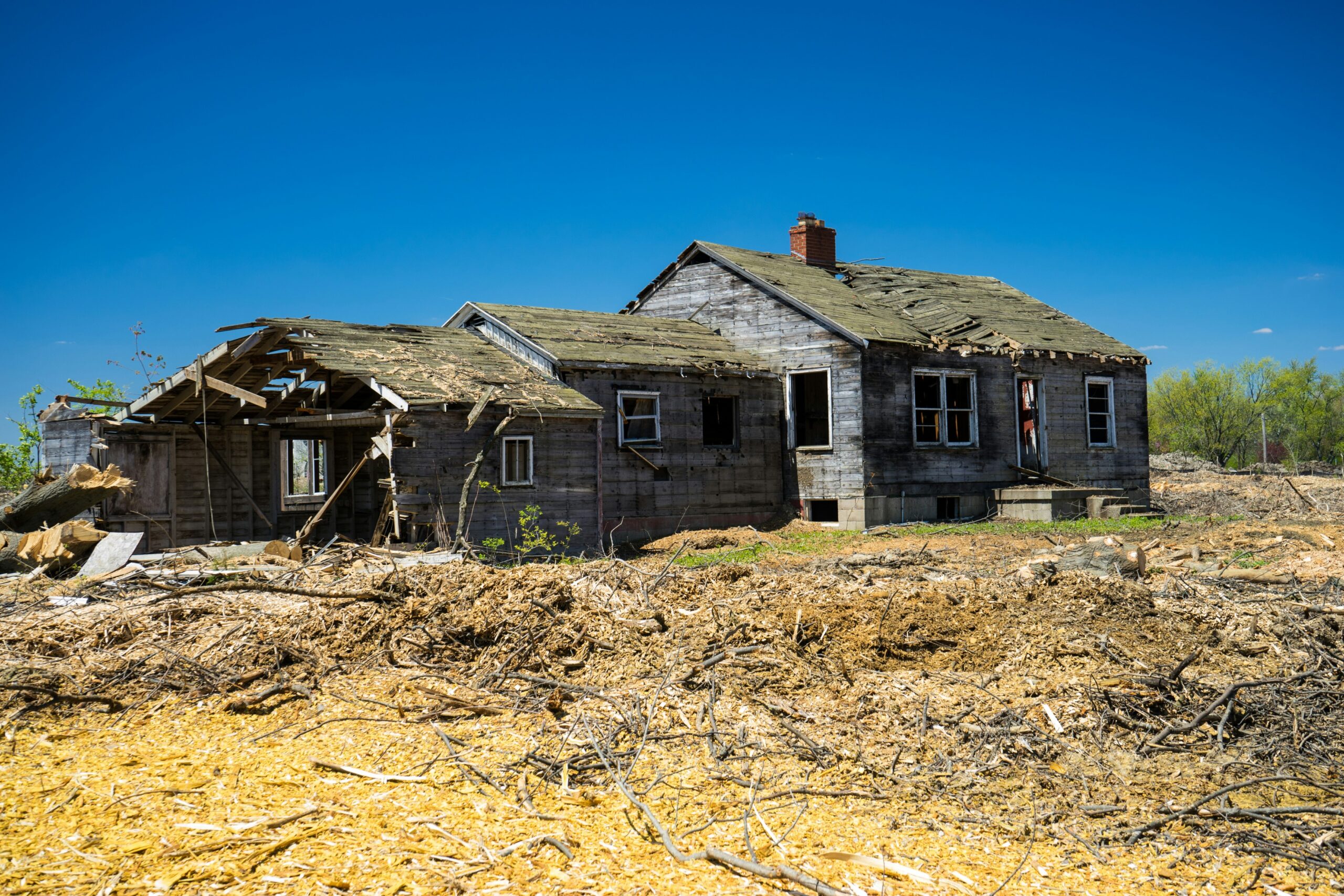As we step deeper into 2025, many people are asking the same pressing question: Is the US real estate market heading for a crash? With interest rates fluctuating, housing affordability tightening, and market inventory shifting, it’s a topic gaining serious attention among homebuyers, sellers, and investors alike. Real Estate Market Crash.
In this blog post, we’ll take a realistic look at the current housing landscape, the factors causing concern, and whether a crash is truly on the horizon. Whether you’re researching house buying tips, property investment advice, or simply keeping an eye on property for sale trends, this guide will help you understand what’s happening—and what to expect.
This content is part of US PROPERTY MARKET BLOG, a platform built to share general real estate insights in the USA and around the world. We don’t offer real estate services or act as agents. You can explore more articles in our blog section or learn about us here.
What Exactly Is a Real Estate Market Crash?
A real estate market crash typically refers to a sudden, sharp decline in home values. This kind of downturn is usually triggered by factors such as:
- Mass foreclosures
- Job losses and economic recessions
- Over-inflated property prices
- Tight lending practices or rising interest rates
- Oversupply of homes
In a crash, sellers are forced to lower prices, buyers step away due to uncertainty, and the entire housing ecosystem slows significantly. Understanding whether this could happen in 2025 starts with analyzing current market indicators.
1. Home Prices Are High—But Stabilizing
It’s no secret that home prices surged during the pandemic years, driven by low interest rates and high demand. But since then, prices in many areas have either plateaued or are seeing slight adjustments.
Some cities are still experiencing appreciation, while others are seeing small declines. This signals normalization rather than a collapse.
Tip for Buyers: Instead of waiting for a crash that may not come, focus on long-term value. Our house buying advice can help you make smarter decisions in any market.
2. Inventory Remains Tight
One of the biggest differences between now and previous crashes—like the 2008 housing crisis—is low inventory. There simply aren’t enough homes for sale in many regions.
Many current homeowners are locked into low-rate mortgages and are hesitant to sell. Builders are also cautious about oversupplying. This shortage supports prices and reduces the risk of a crash.
For investors, this presents an opportunity to focus on land for sale, commercial real estate, or fix-and-flip homes in emerging neighborhoods. Real Estate Market Crash.
3. Interest Rates Are Volatile, But Not Unmanageable
High interest rates often raise concerns of a crash. But while borrowing costs have certainly risen from the historic lows of 2020–2021, they’re not at record highs by historical standards.
Rather than causing a collapse, higher rates are slowing the market down—cooling overheated areas, giving buyers more time, and encouraging more thoughtful purchases.
For sellers, applying the right home selling tips like proper pricing and staging (see our tips for staging home to sell) becomes even more important in a market with cautious buyers.
4. Lending Standards Are Tighter Than in 2008
One major cause of the 2008 crash was irresponsible lending. Subprime mortgages were handed out with little verification, leading to a wave of defaults.
In contrast, today’s lending standards are much more rigorous. Buyers need to meet credit and income thresholds, and lenders are far more risk-conscious. This reduces the chance of widespread foreclosures and an abrupt crash.
If you’re planning an investment, rest assured that today’s market fundamentals are stronger. Explore real estate investment tips to learn how to navigate the current environment.
5. Economic Conditions Are Uneven but Not Collapsing
Yes, some economic indicators are mixed. Inflation remains a concern, and some industries are seeing job cuts. But consumer spending, wages, and employment remain relatively healthy in many parts of the country.
A full-blown recession could certainly affect the housing market. But unless economic indicators worsen significantly, the real estate market is more likely to experience moderate correction than a severe crash.
So, Is a Crash Coming in 2025?
Based on current data, the most likely scenario in 2025 is a slowdown or market correction, not a crash. Here’s what we can reasonably expect:
- Some overpriced markets may see price drops
- Inventory will slowly rise as sellers re-enter the market
- Mortgage rates may stabilize or decline slightly
- First-time buyers will reemerge, creating new demand
- Investment properties in affordable areas may gain traction
This shift creates both challenges and opportunities. Buyers may gain negotiating power, and sellers will need to be strategic. Investors must stay informed and adapt to local trends.
What Should Buyers Do in 2025?
If you’re considering buying this year, you may be asking: Should I wait for prices to fall more? Or should I buy now before rates go even higher?
Here’s some helpful house buying advice:
- Focus on affordability, not just price. A home you can afford now is better than a cheaper one you can’t secure later due to rising rates.
- Get pre-approved to understand your real budget.
- Buy for the long term. If you’re staying in the home for 5+ years, minor price changes won’t matter as much.
- Explore property investment tips if you’re looking at a second home or rental.
What Should Sellers Consider?
For those thinking about selling in 2025, it’s still a good time—but you need a plan.
- Stage your home well to attract buyer interest
- Use proven home selling tips to market strategically
- Don’t overprice your property—be competitive based on current data
- Highlight energy efficiency, upgrades, and location benefits
Buyers are looking for value, and it’s your job as a seller to showcase it.
What About Real Estate Investors?
The market in 2025 still offers plenty of opportunity for smart investors.
- Focus on cash-flow positive properties
- Look for undervalued houses for sale in smaller metros or growing suburbs
- Consider land for sale or commercial real estate for diversification
- Keep a long-term view—fluctuations are natural, but real estate remains a strong asset class
Use property investment advice from reliable sources to shape your strategy.
Local Markets Matter More Than Ever
One key takeaway for 2025 is that real estate is local. While national headlines may sound dramatic, individual markets behave very differently. Real Estate Market Crash.
Some cities are cooling fast, while others are still appreciating. For example:
- Tech-heavy cities may be adjusting after pandemic booms
- Affordable cities are seeing continued migration and demand
- Tourist-friendly regions are holding strong due to rental income
No matter your role—buyer, seller, or investor—research your local area before making a move.
Should You Be Worried?
While it’s normal to feel cautious, fear of a crash shouldn’t paralyze you. Educated decisions based on facts, not headlines, will always put you ahead.
Here’s what you should focus on instead:
- Understand your financial position
- Stay informed about your local market
- Make smart, data-driven choices
- Use trusted real estate investment advice
The future may be uncertain, but real estate continues to be a long-term wealth builder—especially when managed wisely.
Final Thoughts: Be Informed, Not Alarmed
A real estate market crash in 2025? Unlikely. A market correction and continued shift? Very likely. Instead of reacting to fear, use this opportunity to make informed decisions that suit your needs and goals. Real Estate Market Crash.







Leave a Reply